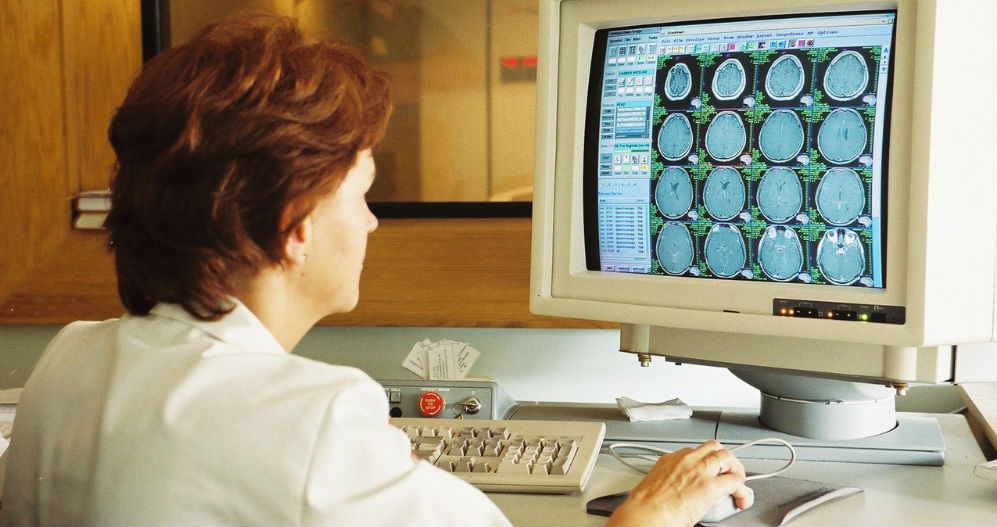
Those who suffer a traumatic brain injury often face severe and chronic healthcare challenges. Included in these now, found in a recent study, is the chance to experience serious cognitive issues at a much more rapid pace than those without a TBI.
Traumatic brain injuries can have many causes, including:
· Blow to the head in a car accident
· Major worksite accident due to safety equipment failure
· Assaulted by another person
Causes of Serious Brain Injuries
According to the Brain Injury Association of America, TBIs are caused by external forces to the head. Non-traumatic brain injuries, or acquired brain injuries, are caused by a lack of oxygen from internal factors, including:
· Birth complications or OB/GYN errors that lead to a newborn’s lack of oxygen
· Surgical or anesthesiologist mistakes
· Medical misdiagnosis of a tumor
The Centers for Disease Control and Prevention says that TBIs are a leading cause of death and permanent injury in the country. Serious TBIs, if not fatal, often dramatically diminish the quality of one’s lifestyle (and those of their family members). Working may be out of the question, leading to a dramatic drop in a person’s financial health.
Complicating the dire economic straits can be a lifetime of costly medical care that many TBI sufferers face. Another complicating factor is that TBI symptoms may not develop until much later after the original incident.
Previous research has shown that the most catastrophic TBIs can lead to cognitive problems, including the onset of some forms of dementia. A recent study went further and concluded that even mild TBIs put individuals at greater risk for this debilitating impairment.
The study (“Traumatic Brain Injury may Fast‐Forwards Alzheimer’s Pathology: Evidence from Amyloid PET”) was conducted by researchers at the University of Queensland in Brisbane, Australia and presented last November at the Alzheimer's Association International Conference Neuroscience Next.
Increased Chances for Alzheimer’s Disease from Traumatic Brain Injury
Researchers concluded that those with a mild TBI have double the chances for dementia, and those with a serious traumatic brain injury have 4.5 times the chances for dementia. They also found that TBIs can dramatically hasten the onset of Alzheimer’s disease – by as much as four years.
Dementia is a generic term for cognitive decline that causes memory loss and affects quality of life. Alzheimer’s disease is the most common form of dementia, accounting for up to 80% of all dementia, according to the Alzheimer’s Association.
There is no cure for Alzheimer’s. The Alzheimer’s Association reports that sufferers live an average of four to eight years after being diagnosed with the disease.
The disease occurs in several stages, gradually worsening over time. Symptoms of early-stage Alzheimer’s include:
· Forgetting material that was just read
· Difficulty using the right word or name
· Losing valuable objects
Middle-stage Alzheimer’s symptoms include:
· Forgetting personal history
· Moodiness
· Confusion over days or location
Late-stage Alzheimer’s symptoms include:
· Round-the-clock daily care is required
· Losing physical functions such as walking or swallowing
· Difficulty communicating
Alzheimer’s may not be an immediate consideration for young adults who suffer a TBI. But it is one more example of the tragic, costly and life-altering consequences that victims of TBIs and their families must endure.
If you have a loved one who has suffered a traumatic brain injury due to the carelessness of others, consult a personal injury lawyer about obtaining just financial compensation for all the inevitable challenges that lie ahead.
The choice of a lawyer is an important decision that should not be based solely on advertisements.
Authored by Gray Ritter Graham, posted in Blog April 30, 2021

 RSS Feed
RSS Feed